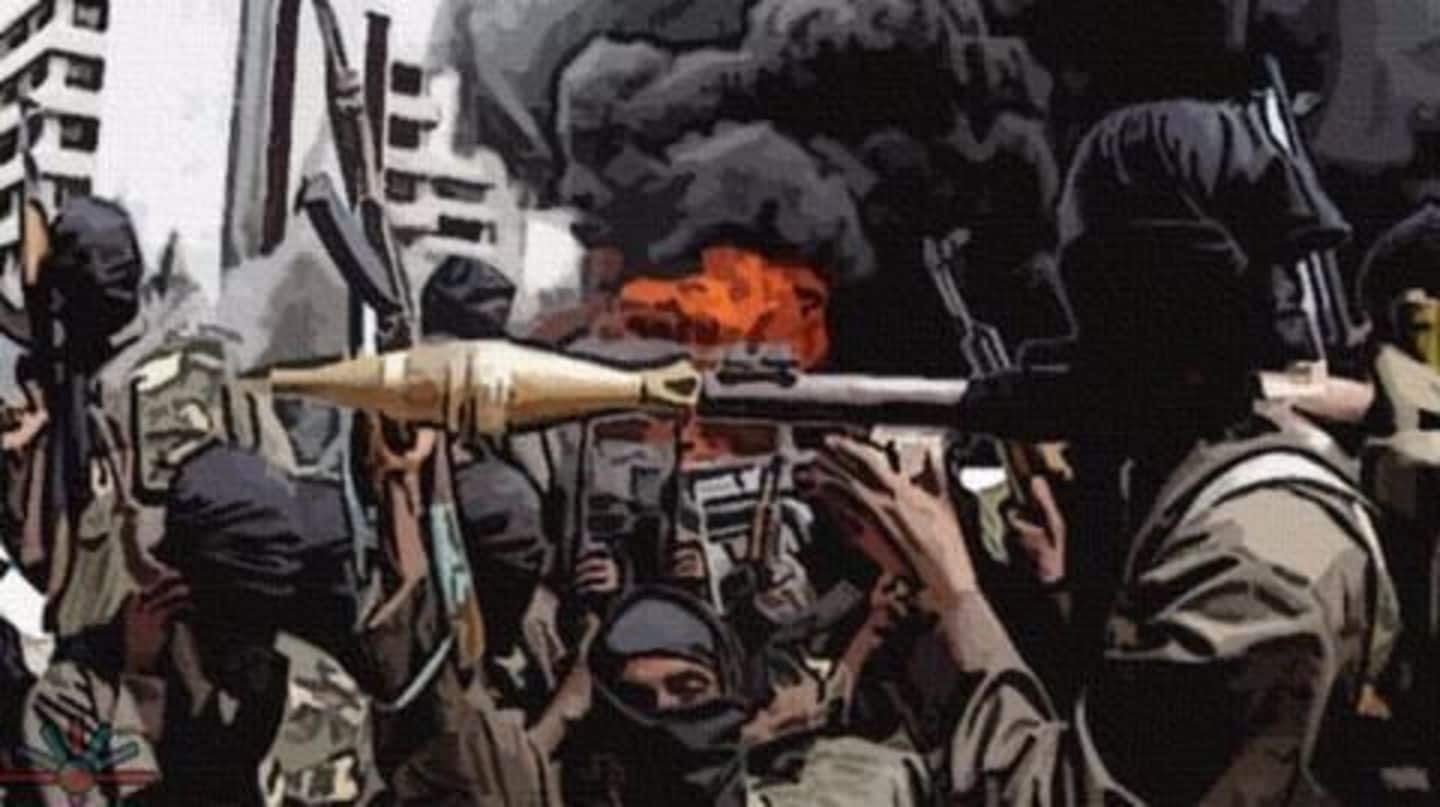
Libya: Field Marshal Haftar announces the 'liberation' of Benghazi
What's the story
Following violent clashes between Islamist militants and the Libyan National Army (LNA) last week, LNA commander Field Marshall Khalifa Haftar claims to have liberated Mediterranean port of Benghazi.
Haftar noted that "Benghazi is now entering an era of security, peace and reconciliation".
This marks a major victory for LNA which is not recognized by Libya's UN-backed government.
Let's see what this means for Libya!
Context
What context is this happening in?
Libya has spiralled into a state of lawlessness since the NATO-backed ouster of its powerful leader Muammar Gaddafi in 2011. Extremist groups including the ISIS have gained strength in Libya since then.
According to Field Marshal Haftar, the liberation of Benghazi has been achieved after a three-year-long fight against terrorism.
Last week saw fierce battles in Benghazi's Sabri district resulting in heavy casualties.
About
Who is Field Marshall Khalifa Haftar?
Haftar has been a prominent face in Libyan politics for about four decades and was Gaddafi's close aide until 1987, when Chad defeated the Libyan Army commanded by Haftar in 1980.
Directing his efforts towards toppling Gaddafi afterwards, he has commanded a rebel army since 2011.
He is widely popular among sections of the Libyan population, who are dissatisfied with status quo.
Politics & strategy
Haftar probably intends to control the eastern coast
Haftar's LNA backs the Libyan government in the east and intends to save Libya.
LNA has further been involved in a number of campaigns including Operation Dignity (2014), to wipe out Islamists from Benghazi and surrounding areas.
LNA's moves including capture of oil terminals in Libya's "Oil crescent" in 2016 points to his larger goal of controlling Libya's eastern coast and thereby oil trade.
Conclusion
What does this mean?
Benghazi's liberation is a significant advance for Haftar's forces and could possibly open up future political opportunities for Haftar, who is already backed by certain foreign powers.
While some quarters were seen celebrating LNA's victory, his past associations with Gaddafi and the CIA render him unpopular among several opponents.
LNA victory is unlikely to end the unrest in Libya without centralized power consolidation.